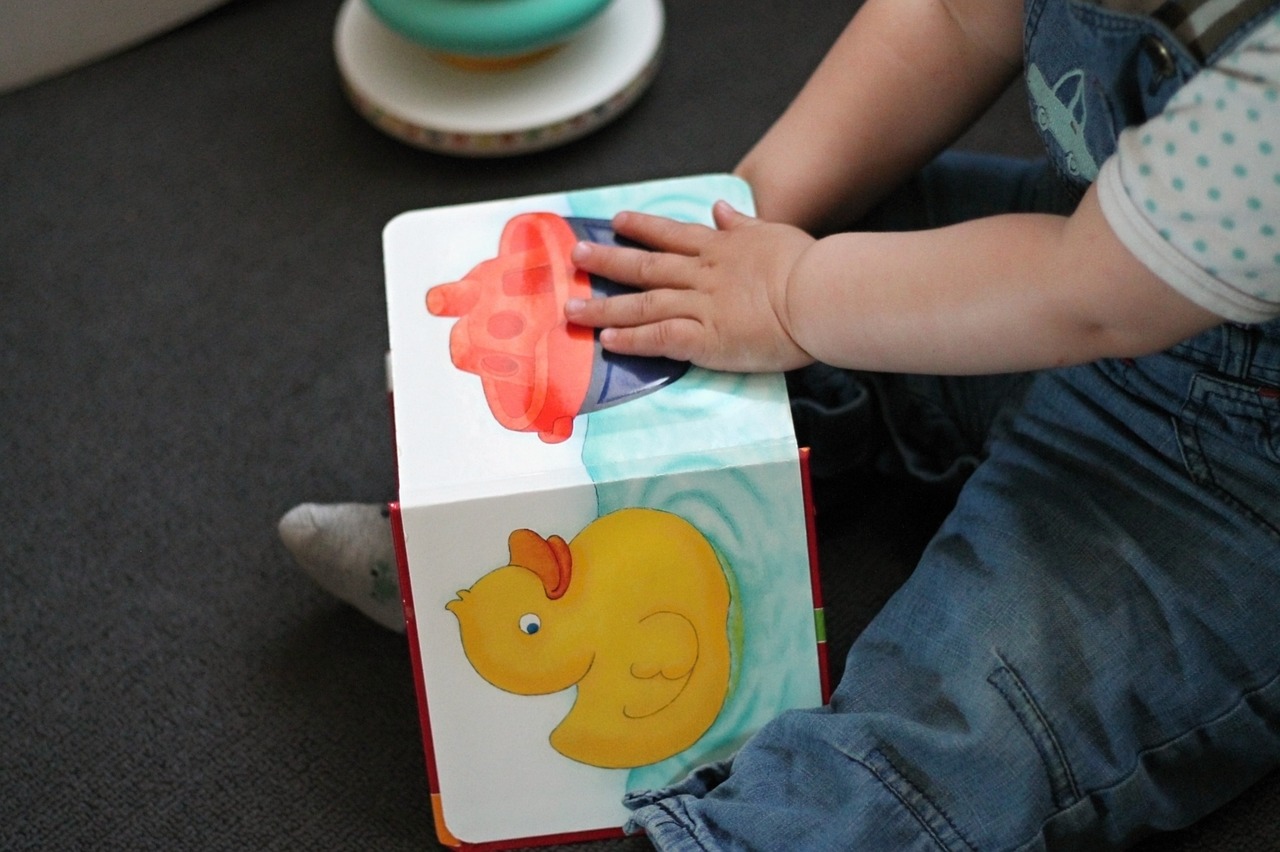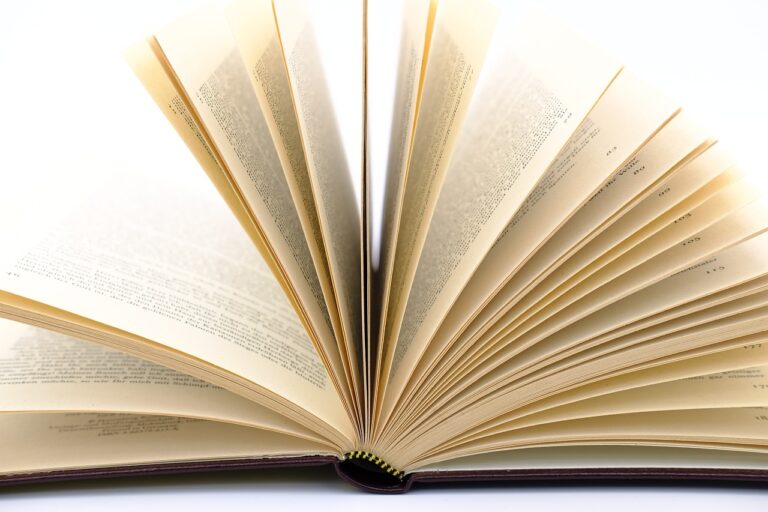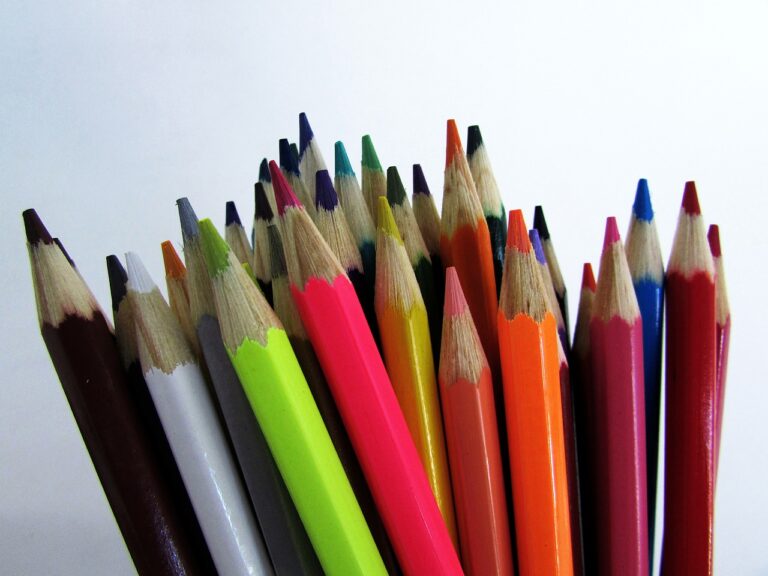The Role of Self-Assessment in Student Metacognition: Diamond exch 999, Play 99 exch login, Reddybookclub
diamond exch 999, play 99 exch login, reddybookclub: Student metacognition is a hot topic in the field of education, with researchers and educators alike recognizing its importance in fostering deep learning and critical thinking skills. One key component of metacognition is self-assessment, which plays a crucial role in helping students become more aware of their own thinking processes and learning strategies.
Self-assessment involves students reflecting on their own learning, identifying areas of strength and weakness, and setting goals for improvement. By engaging in self-assessment, students can develop a better understanding of their own abilities and challenges, leading to more effective learning practices.
Here are some key ways in which self-assessment can enhance student metacognition:
1. Increased self-awareness: Self-assessment encourages students to reflect on their learning experiences, helping them become more aware of their strengths, weaknesses, and areas for growth. This increased self-awareness can lead to more meaningful learning outcomes.
2. Goal setting: Through self-assessment, students can set specific, achievable goals for their learning. By setting goals and monitoring their progress, students can take ownership of their learning and stay motivated to improve.
3. Feedback: Self-assessment provides students with valuable feedback on their progress and understanding. By reflecting on their own work and seeking feedback from teachers and peers, students can identify areas for improvement and take steps to address them.
4. Critical thinking: Self-assessment encourages students to think critically about their own learning processes. By analyzing their work and identifying areas for improvement, students can develop critical thinking skills that are essential for academic success.
5. Metacognitive awareness: Self-assessment helps students develop metacognitive awareness, or the ability to monitor and regulate their own thinking processes. By reflecting on their learning experiences and identifying effective strategies, students can become more strategic learners.
6. Motivation: Self-assessment can increase students’ motivation by giving them a sense of control over their own learning. When students take ownership of their learning and set goals for improvement, they are more likely to stay engaged and motivated in their studies.
Overall, self-assessment plays a crucial role in developing students’ metacognitive skills and fostering deeper, more meaningful learning experiences. By encouraging students to reflect on their learning, set goals for improvement, and seek feedback from others, educators can help students become more effective learners and critical thinkers.
—
FAQs:
Q: How can teachers support students in developing self-assessment skills?
A: Teachers can support students in developing self-assessment skills by providing clear guidelines for self-assessment, offering feedback on students’ self-assessment efforts, and modeling the process of self-assessment.
Q: How can students incorporate self-assessment into their daily learning routines?
A: Students can incorporate self-assessment into their daily learning routines by setting aside time to reflect on their learning experiences, identifying areas for improvement, and setting specific goals for growth. They can also seek feedback from teachers and peers to enhance their self-assessment efforts.







